Sleep Disorders That Make You Tired
There are a number of sleep disorders which undermine the quality and quantity of your sleep. It’s important to distinguish between them and seek treatment because you need to get good sleep if you are recovering from fatigue.
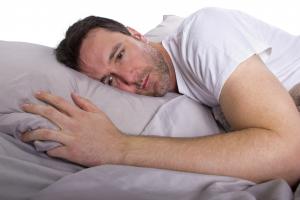
What is a sleep disorder?
There are a number of sleep disorders which affect the quality and quantity of sleep. Having a sleep disorder means that the quality of your sleep is reduced. It’s important to get treatment for these conditions as better sleep will encourage your recovery from chronic fatigue, fibromyalgia, adrenal exhaustion or just long-term tiredness.
The sleep disorders include:
SDB (Sleep-disordered breathing)
This is a general term for UARS (Upper Airway Resistance Syndrome) and sleep apnea.
[Please seeSleep disordered breathingfor more detail.]
UARS (Upper airway resistance syndrome)
UARS is caused by airflow difficulties in the upper airway system (nose), which causes breathing to become much harder. Because of this extra effort sufferers from UARS find they are fatigued during the day.
Treatment is with nasal dilators, nose sprays and nasal strips. CPAP (Continuous Positive Pressure Airway) machines can be useful and, in severe cases, surgery is used to correct the soft palate.
[Please see Upper Airway Resistance Syndrome for more detail.]
Sleep apnea
Sleep apnea consists of a number of episodes in the night where the patient’s throat collapses, restricting inflow of air to the lungs. This causes lack of oxygen to which the brain reacts by waking the person up. Although they may not wake fully, it is enough to open the throat and breath can be taken in. This activity, which of course, is life saving, disrupts sleep, and destroys many of the sleep cycles, leading to very poor quality sleep.
Sleep apnea is largely caused by being overweight, so much of the treatment focuses around weight loss. Some medications can also be helpful as can CPAP (Continuous Positive Pressure Airway) machines.
[Please seeSleep Apneafor more details.]
Narcolepsy
Narcolepsy is a sleep disorder which causes excessive drowsiness during the day. Catalepsy can also be present, which is a sudden muscular weakness, usually triggered by strong emotions such as anger or happiness. Another facet of the disorder is sleep paralysis, which is an inability to move any muscle when initially falling asleep or waking.
There are various treatments for narcolepsy; the most effective are stimulants such as Adderall, Ritalin, or Dexedrine.
[Please seeNarcolepsyfor more detail.]
RLS (Restless leg syndrome)
People with this disorder have the sensation that they have to move their legs while sleeping. Sometimes the big toe will be flexed and the movement can involved the whole leg, including the knee, thigh and hip. There is a range of natural treatments for RLS. It is also important to eat a sugar free and high protein diet with a protein snack before bedtime.
[Please seeRestless Leg Syndromefor more detail.]
If you suffer from a sleep disorder
Sleep disorders are treatable, but must be diagnosed first. It’s important to identify, which particular disorder you are suffering from, as the treatments vary. As well as undergoing treatment, there are also some general positive sleep habits you can adopt, which can help you sleep better, including:
- Making your bedroom quiet (by excluding noise as much as possible and investing in a white noise machine if you need to mask persistent intrusive noises).
- Creating a dark bedroom (with drapes, or black-out curtains.)
- Banishing all electrical appliances from the room e.g. television, computers etc) and removing any devices which have LEDs in them and permanently emit light (alarm clocks etc.)
- Keeping regular sleeping hours (getting up and going to bed at the same time every day).
- Creating a restful run-up in the hour before bed (not watching television or reading horror stories but relaxing and reading uplifting material).
- Having a warm bath (with Epsom salts in it) and relaxing before you retire.
- Taking a light snack with some Tryptophan rich foods e.g. milk, lentils, tuna, turkey...
- Taking some Magnesium and calcium.
- Reducing your stress and anxiety levels (positive thinking, relaxation and meditation).
- Simplifying your lifestyle if you need to by downsizing and being able to work less.
- Taking light exercise every day for 20 minutes (e.g. walking, swimming).
If you have been suffering from tiredness for some while, getting high-quality sleep must be a priority in your life and you may need to make changes in your way of life to accommodate this important need.

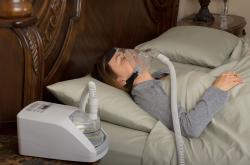
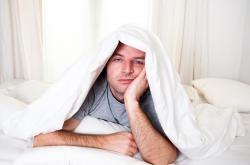
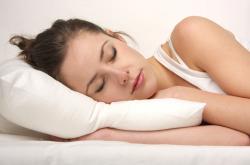

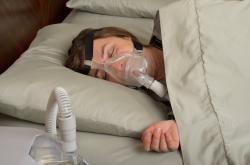

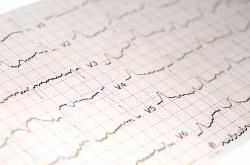
.jpg)







Leave a comment